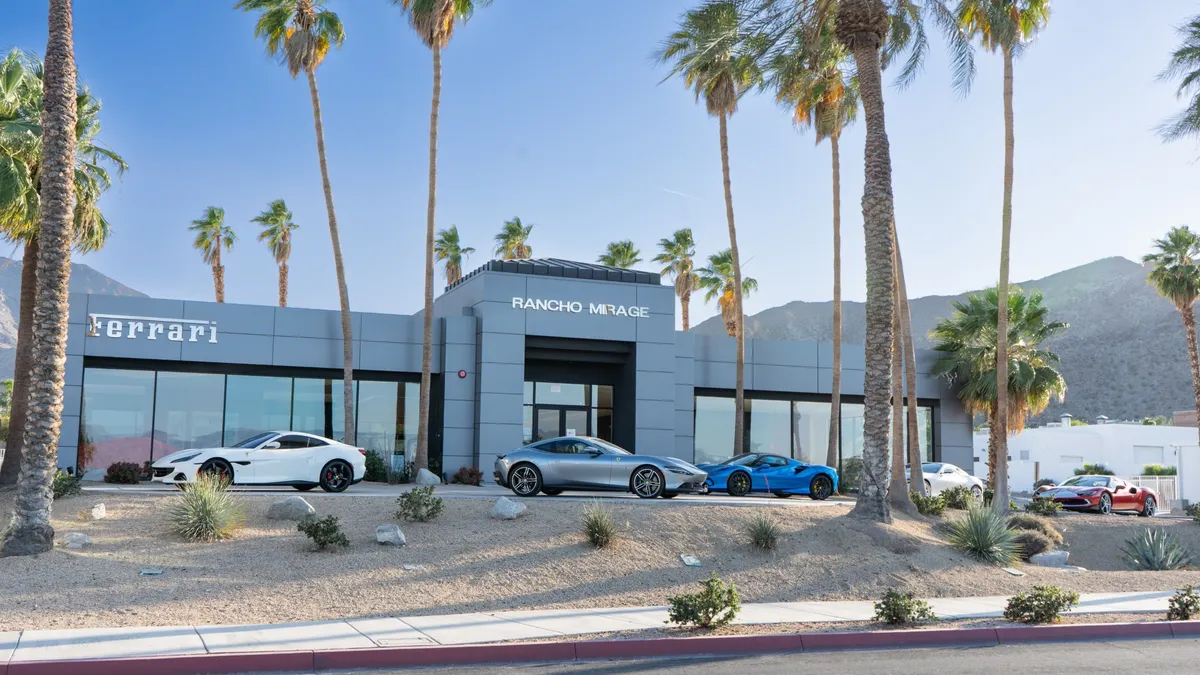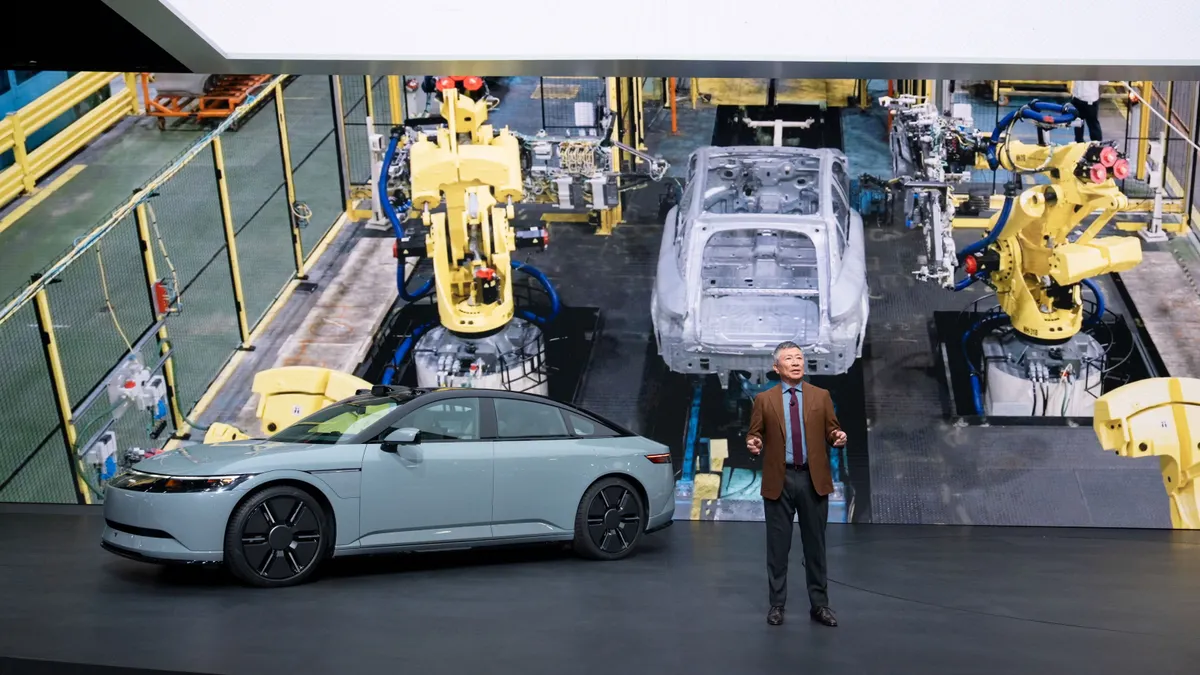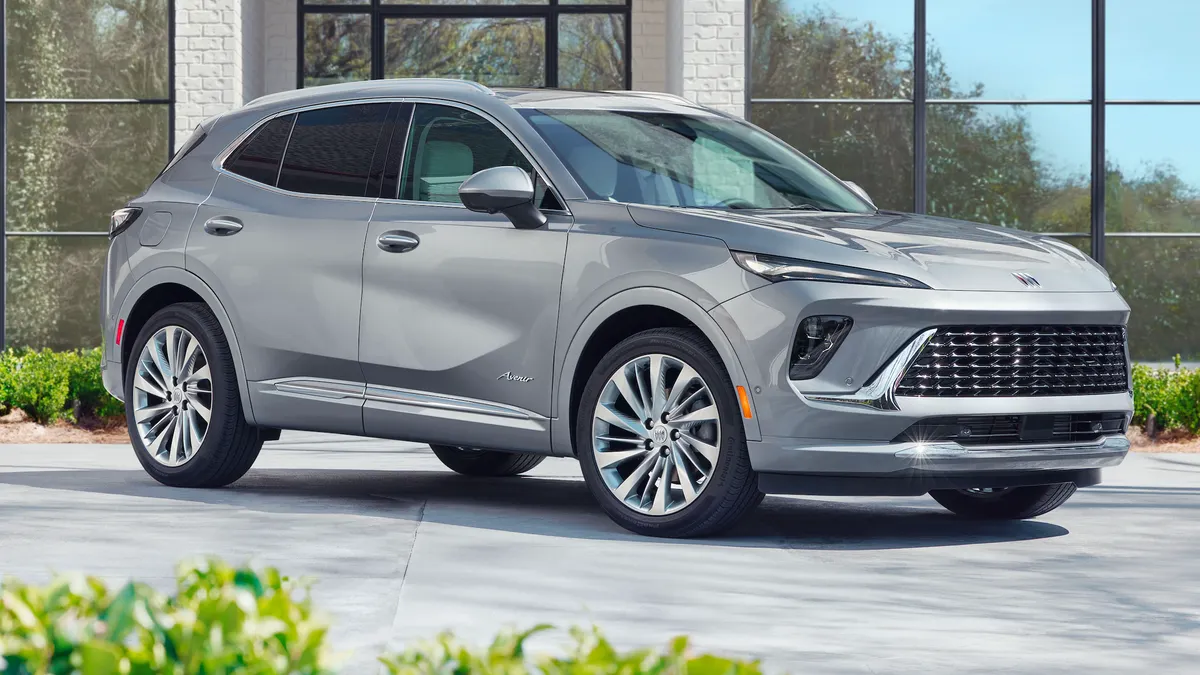Editor's note: This story is part of the WardsAuto digital archive, which may include content that was first published in print, or in different web layouts.
New mobility approaches are constantly being developed to reduce the volume of traffic and pollution.
However, all too often these still fail because of the people themselves – primarily due to their inclination for comfort.
The imminent traffic chaos is a direct result of the modern convenience dilemma: Almost everyone now shops at Amazon and other Internet marketplaces. They enjoy fast availability and low prices with minimal effort.
At the same time, we get upset when long-established boutiques in city centers close. And headlines about dumping wages for parcel deliverers are regularly commented on with indignation.
Nevertheless, convenience wins out and we order our batteries from Amazon each time.
The same applies to mobility: Individual convenience is making its mark on the masses. Even though some of us occasionally use e-car sharing – for our own green conscience – our own car in the garage is still untouchable.
There are enough arguments for this behavior: Commuter trains are overloaded, car sharing only works in urban areas and the individual mobility offers are so far hardly integrated or combinable solutions.
There simply is a lack of the necessary data to enable providers to tailor their services to consumers’ specific needs. One step in the right direction is the merger of BMW’s DriveNow with Daimler’s Car-to-Go.
Both companies have recognized that only a joint fleet can guarantee attractive coverage for the customer and profitable capacity utilization for the provider. The counter example: The memorable pictures of Chinese, and meanwhile also European, “bike sharing cemeteries” impressively illustrate what happens when there is an oversupply without regulation.
Counteracting the traffic collapse
The escalating traffic chaos can only be contained in the short to medium term by a regulatory framework. Industrial understanding and far-sightedness are required to think through developments to the end.
For example, the current debate on further deregulation of the transport service provider Uber not only has a direct effect on the taxi system and Uber itself, but also on the overall system – which many seem to forget.
If the so-called obligation to return is abolished (i.e., the driver’s obligation to return to the starting point after dropping off the passenger), the number of vehicles at particularly intensively used entry points will increase disproportionately.
As for example in New York, the administration was only able to prevent an epidemic-like spread of these vehicles and avert the total traffic collapse in 2018 by setting an upper limit for ride-hailing offers.
Paris Anne Hidalgo also took action against too much traffic. With her aim of halving the number of vehicles in the French capital, she is not making friends in some places. (Wards Industry Voices contributor Alyssa Altman, left)
In particular, the driving bans introduced on busy roads and the planned ban on all vehicles with combustion engines in the city by 2030 are causing discontent among the population.
Many fear losing a part of their personal mobility – and with it their freedom. That the measures would lead to a better quality of life for all is of secondary importance. Comfort always wins, unfortunately.
Mobility is and remains a highly emotional issue. The reactions, which are quickly heating up, are based on our own schizophrenia. On the one hand, we are citizens, but on the other we also are car drivers.
As motorists, individual mobility still promises us freedom, independence and thus quality of life.
As citizens, we define quality of life by other criteria, and are happy about clean air or reduced noise pollution. Looking at this inner conflict, it quickly becomes clear why the development of new transport concepts is progressing at such a slow pace.
Furthermore, new concepts are obstructed when well-intentioned, but not well-considered political initiatives, become reality, such as the CO2 tax.
In its currently planned form, this tax would have a resounding effect on all end consumers. Individual mobility would become a luxury good, but not for everyone. The well-off Mercedes-Benz S-Class drivers would continue to drive into the city by car despite the price increase, while people from low-income groups who depend on the car would be particularly burdened. (Wards Industry Voices contributor Wolf Ingomar Faecks, left)
This holds further potential for social conflict, so rash solutions will not help anyone. Only a paradigm shift brings real improvement. Everyone must question themselves and break out of their personal convenience dilemma.
In the long run, autonomous driving in its evolution as a modern shared taxi will be the winner. Individual traffic and air pollution would thus be significantly reduced. But the reality is still different – the supposed golden age of traffic seems far away.
Alyssa Altman and Wolf Ingomar Faecks are transportation & mobility Leads at Publicis Sapient, a digital business transformation firm.



















